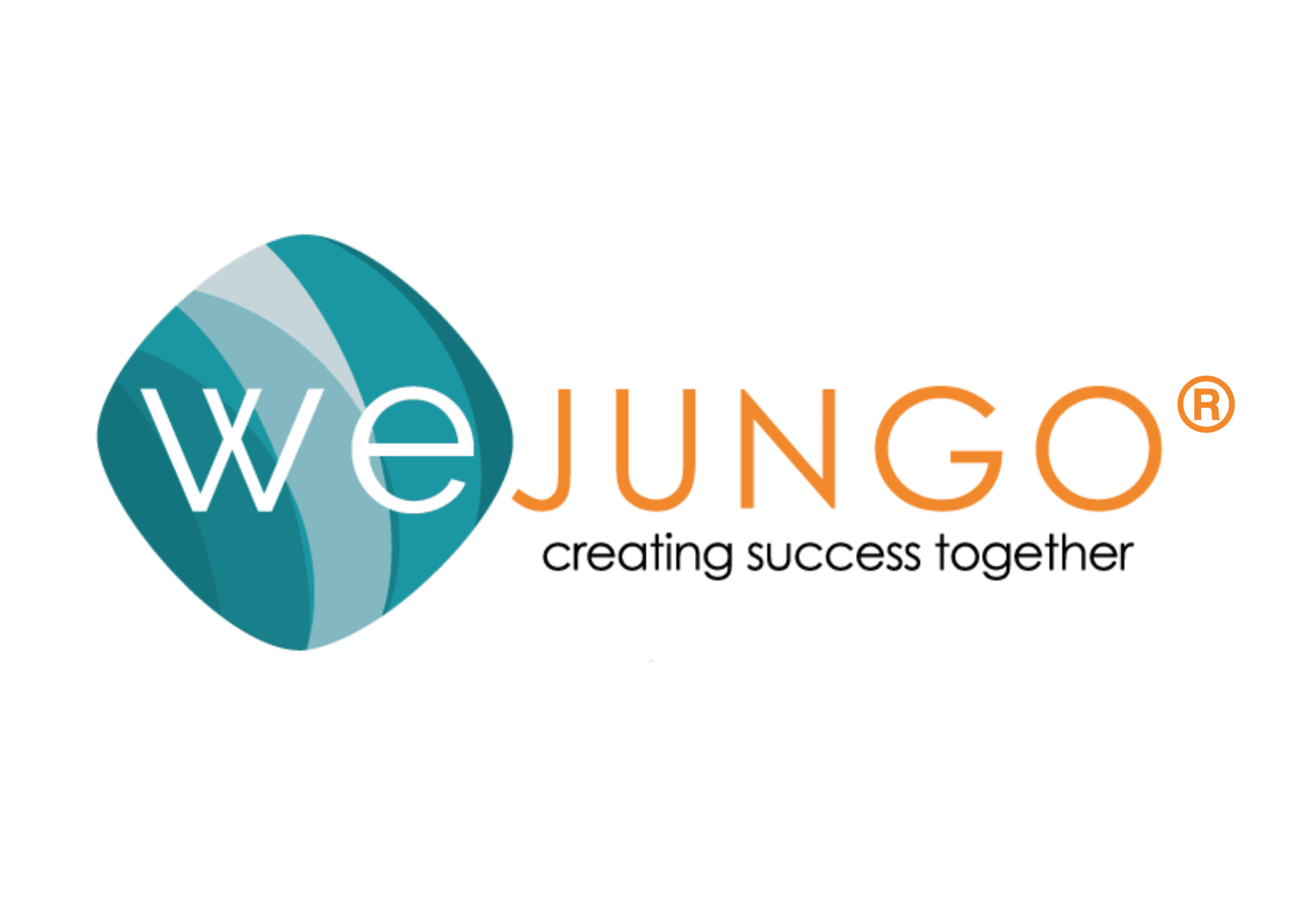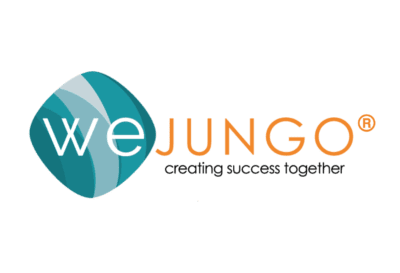How to Manage 5 Generations in the Workplace
“It’s important to help employees recognize that they each have distinct sets of skills and different things they bring to the table” – Jeanne C Meister
With Generation Z beginning to enter the workforce, this is the first time in history where FIVE generations are working together – Traditionalists, Baby Boomers, Generation X, Generation Y, or Millennials, and Generation Z.
Within all 5 of these generations, we can expect different communication styles, different views about career growth and skill development, and different motivations, needs and expectations of their employers.
So how should employers and employees navigate this new complexity?
1. Encourage collaboration.
While this might seem intuitive, as the workforce becomes more diversified with 5 generations, working together and communicating will become more difficult. By encouraging dialogue and engagement from all levels within the organization, employees of different generations will be more inclined to listen and learn from each other. This Forbes article discusses how even the perception of working together can enhance employee and business performance. Consider having weekly brainstorming sessions with your team to give them the opportunity to learn from each other.
2. Leverage your employees’ expertise.
There has been a lot of research about each generation, what their needs and expectations are, what motivates them and how they are shaping the future of the workforce. What if we took ALL of these various working styles and expectations and used those to further improve upon the company culture or improve the customer experience? Solicit feedback
and ideas from a generational variety of people because each generation has valuable input and a perspective to offer that can benefit your business!
3. Take the time to get to know your employees.
Regularly discuss with your employees about what is important to them, professionally and personally. Different motivations and expectations exist among the five different generations, and those will change ever so slightly with time. Knowing what your employees want and need to be happy, driven and productive is the ultimate knowledge to drive a company forward. Forbes shares numerous questions you can ask your employees that will help employers better measure engagement and determine the right incentives and development opportunities are best for their workforce.




